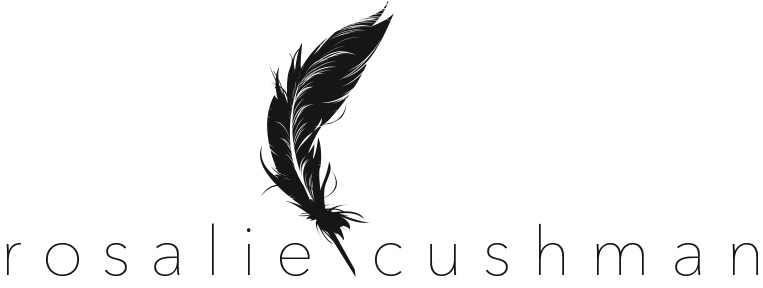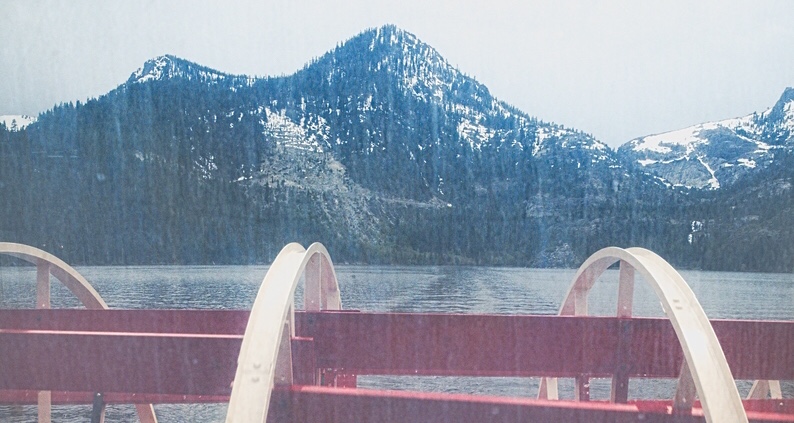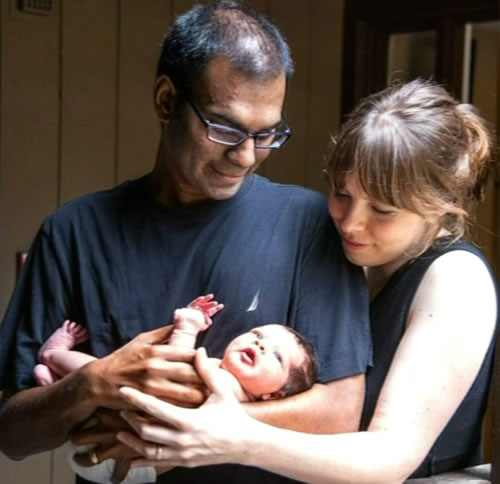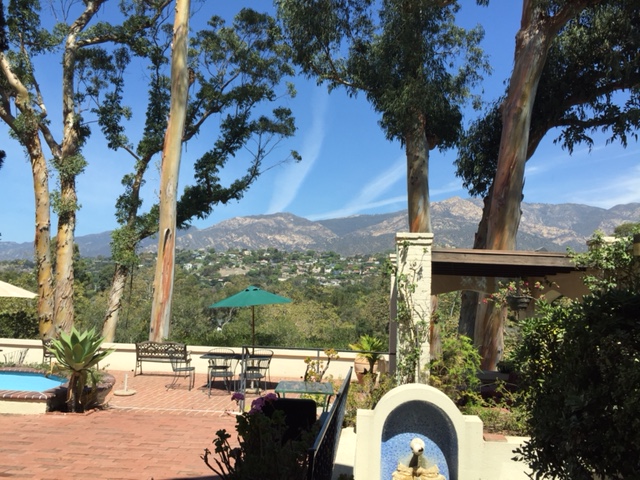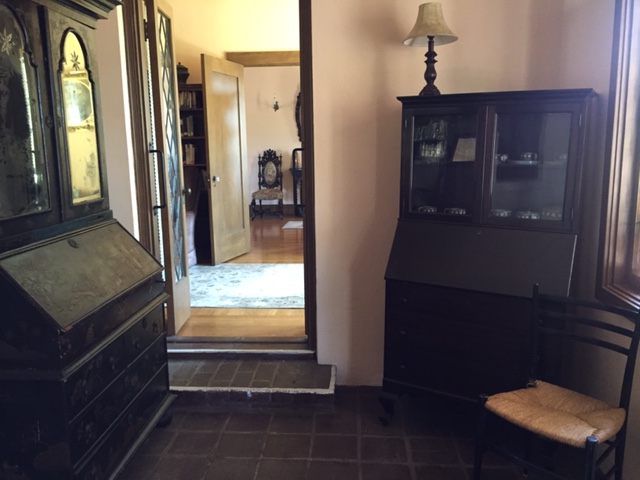How hard it is to stay quiet. Sometimes, I’ve become aware of fearing the very thing I crave. This morning when I was doing my meditation ritual, a sliver of sunlight insisted on showing itself through the olive tree branches in front of my window. All was quiet. I was aware of it, it being a kind of willing participant in silence. Actually, the longer the light pierced the leaves, the more aware I became.
Power and Light
I became immersed in a natural, diffuse yet potent quality that was far more definition of me than all the other personality traits I insist on clinging to. My sense of self was part of the field, a member of the whole which revealed itself. I was essential. As my awareness expanded through the quiet, not only did it feel organic, I also began to associate a sense of home to it.
Home is a funny thing. As mammals, we have such a physical need for nesting, over-associating a sense of comfort and security with physical space in which we reside. But the sense of quietness as home, maybe even womb-like, is different.
The Pull
There is something unique, inexplicable and indistinct that draws me to quiet. The phrase “moth to a flame” comes to mind. Quiet is both a lure and a disorientation. It carries with it a subtle fear of extinction. Scientists believe moths are drawn to light when their navigational systems become disrupted, leaving them confused and disoriented. And yet, drawn in they must be, even at risk of death, of which they cannot really know. There is something inevitable suggested in eventual death and transformation. Yet who rushes to it.
For me, as time slowed and I entered the subtle perception of a difference of being, it struck me as I, too, had become disoriented, though for a time, I seemed powerless to resist. Continuing, I rode the wave to its peak. Up to a point! For a time, it was certainly worth the risk. Of what? Of the fear of losing my previously assumed sense of self, of what I’ve defined myself to be in mortal earth terms? In a flash, I had awareness that quiet is sourced from a different dimension, the quality of the Divine. It is outside of time and even space once you really settle into it. And therein lies both the comfort and the fright.
To Be or Not To Be
Quiet suggests a fright that is both compelling and repelling. Sometimes I just cannot stand all the noise of the world and must escape. At times even, quiet contains a whisper of ultimate freedom yet one with an eventual loss of a sense of self as I have previously been defined. Quiet presents the ultimate conflict because I both want to lose that sense of self which is purely fiction and an architecture of my own ego’s creation, as well as maintain the very fiction I have made. What am I if not my sense of self definition? While I personally believe I reflect an expression of God, I have gone about my physical existence segregated from that belief all too often.
If God exists as the silence, as pure potentiality as some scientists and theologians believe, then there actually seems to be no definition whatsoever other than potential expression as defined by… What? Me? A conscious human being that has been blessed to be born a human like the Buddha suggests, being endowed with the raw ingredients from which to evolve into greater consciousness? If God has created all things as expressions of his potentiality, which is infinite, He is everywhere and nowhere. He is both alpha and omega, beginning and end, over and over again.
Context is Everything
He/She/It spins out a potential within a context, be it inanimate or animate, be it a life form, a liquid or a solid. What a sense of creative joyful play He must have! He gives each thing parameters, a context in which to further develop and continue his initial creation, active participants, a sort of “God thinned down” within, to carry on what He begat! Each thing carries the torch of ongoingness. One of the problems with us humans—and of me— is that we think we have done it all. That pesky ego we have been endowed with, an outgrowth of animal evolution, presumes to think we are the creators of ALL of our own lives instead of realizing we are merely stewards of His raw ingredients. We are so very arrogant!
But back to quiet. Quiet is both a whisper and a thunder, a lure and a resistance. At times I crave it whether I’ve cultivated it or stumbled into it by Grace. Regardless, I cannot ultimately stay away. The noise of the world becomes a pressure cooker after a time, one that requires a release of steam. Plus, I know in the quiet resides a real “me” to be rediscovered!
So of course I continue on, alternating between quiet’s pull to its very fright. At the end of the day, it makes no matter whether I understand or try to define it. Ultimately, I acknowledge the reality of creation and the rules that guide it are not up to me. Rather, I am aware of being a kind of project manager, a steward of gifts given me by a Source greater than I can truly comprehend. At the end of the day, I must surrender to a power greater than myself to follow the light of Home, that flame that calls us all, whether inside or out of time. It is the ultimate peace.
